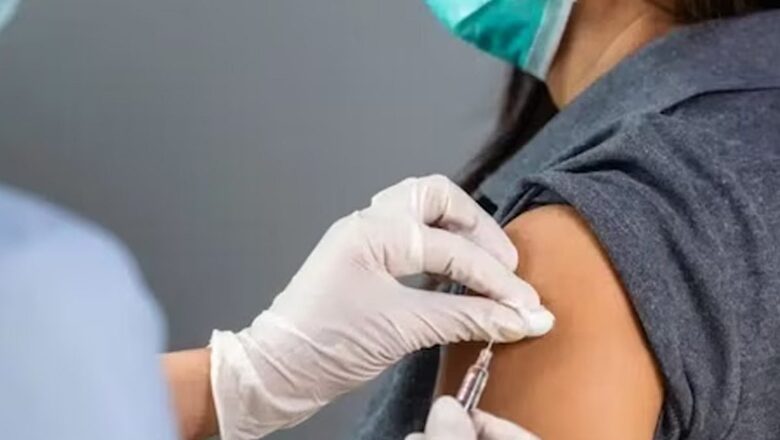
views
Cholesterol is a waxy, fat-like substance which is found in our blood. It is crucial to the healthy functioning of the body. It helps in building the structure of the cell membranes and making hormones like oestrogen and testosterone. Too much cholesterol can lead to serious problems, including heart disease and stroke. According to the World Health Organisation (WHO), high cholesterol causes 4.4 million deaths every year. Untreated high cholesterol can lead to heart disease and stroke. Now, researchers at the University of New Mexico School of Medicine developed a vaccine to block a protein that heightens cholesterol levels. It creates an antibody response against the particles. This new preventive measure has been created with vaccine platform technology, which was developed at The University of New Mexico (UNM).
In a recent study published in NPJ Vaccines, a team led by Bryce Chackerian, PhD Regents’ Professor in the Department of Molecular Genetics & Microbiology, reported that these new vaccines have lowered LDL cholesterol. The results are known to have the same effectiveness as an expensive drug known as PCSK9 inhibitors. It carries the same function but at less cost. Regarding the expense, Bryce Chackerian said that his team’s objective was to develop another approach to this problem which could be less expensive, so that people with fewer resources can also afford it.
Abinash Achrekar, MD, MPH said in an interview that the high cholesterol condition has a profound global impact which often makes people think that treatments for high cholesterol levels would be more accessible and affordable. He is the vice chair and professor in the UNM Department of Internal Medicine. Abinash has also treated countless patients with high cholesterol while also being a patient himself.
Abinash Achrekar said that he used to take injections twice a month. It reduced his bad cholesterol by 60 percent but it was expensive, he added. So, therefore, Chackerian and his colleagues wanted all patients who face that risk to have an affordable treatment option. Using vaccine platform technology he developed at UNM, Chackerian partnered with researchers across the US to create a new vaccine that specifically targets protein PCSK9.
This vaccine is based on a non-infectious virus particle. When it is injected into the body, the immune system makes a really strong antibody response against this protein that’s involved in controlling cholesterol levels. The researchers also tried this in animals and gained good results. They hope to make this vaccine available to people in the next 10 years.




















Comments
0 comment